Buying Real Estate
Before signing a contract to purchase real estate in Panama, consideration should be given to the form in which title to the property will be held and to income or capital gains tax issues, estate planning issues and immigration issues that may be of interest. Neglecting to consider these issues can have regrettable consequences for the buyer later on.
Individuals of any nationality and with residence anywhere can own property in Panama personally or through legal entities such as corporations, private foundations, limited liability companies, partnerships or trusts to name a few, both domestic and foreign. The decision of whether owning property personally or through a legal entity will vary from person to person depending on that person’s circumstances and needs.
In Panama, there is no ownership with right of survivorship when it comes property. Therefore, if owned in the individual names of two spouses and one dies, the surviving spouse must go through a probate proceeding in Panama to get complete ownership. This process can take many years and thus would be a timely and costly proposition.
The sale and purchase of property in Panama is usually completed in a two-step process. First, a promissory buy-sell agreement is executed setting forth the terms and conditions of the purchase (i.e. a description of the property, the purchase price, the manner of payment, the period to execute the purchase contract, and other aspects of the purchase).
After the terms and conditions of the promissory buy-sell agreement have been met, a final buy-sell agreement is executed to transfer title of the property to the buyer. To be valid this final agreement must be executed in a Public Deed and must also be registered in the Public Registry of Panama.
Before signing the promissory buy-sell agreement, and then again before signing the final buy-sell agreement, the buyer should confirm that seller has free and clear title to the property. An experienced attorney in Panama should conduct a title search and only after such title search confirms that the seller owns the property free and clear of any encumbrances, should the purchase take place.
The buyer and seller can execute the promissory buy-sell agreement in a private document in Panama or abroad. The final buy-sell agreement however needs to signed and be executed before a Panamanian Notary. Therefore, the seller and buyer need to be physically located in Panama at the time of execution and if this is not possible, powers of attorney to individuals located in Panama need to be executed.
Notaries in Panama are government officials that have far more functions and responsibilities for these transactions than those of most other countries. Notaries in Panama do not represent the buyer or the seller. Notaries witness the “closing” and verify that the formal requirements of the transaction have been met.
In Panama, the buyer of property becomes the owner only after the Public Deed with the final buy-sell agreement is registered in the Public Registry Office, and not before. For this reason, when property is purchased without bank financing, escrow or trust services are often used to make the final installment payment, after free and clear title to the property is dully transferred to the buyer in the Public Registry.
If a bank finances the purchase, it will provide the seller with an irrevocable promissory letter of payment that will be paid out to the seller only after free and clear title to the property is conveyed to the buyer in the Public Registry.


